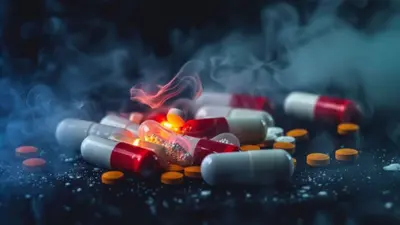New Delhi, 11th Sept. A recent study published in the Indian Journal of Traditional Knowledge (IJTK) highlights the effectiveness of a Siddha drug combination in treating anemia among adolescent girls. Conducted by the PHI-Public Health Initiative, the research demonstrates that the Siddha drug combination, ABMN (Aṉṉapēticentūram, Bāvaṉa kaṭukkāy, Mātuḷai maṇappāku, and Nellikkāy lēkiyam), significantly improves hemoglobin levels and other blood parameters.

Researchers from leading Siddha institutions, including the National Institute of Siddha (NIS), Xavier Research Foundation, and Velumailu Siddha Medical College & Hospital, observed 2,648 adolescent girls, with 2,300 completing the 45-day treatment program. The study began with deworming using Cuṇṭaivaṟṟal cūraṇam, followed by the administration of ABMN.
The study evaluated clinical symptoms such as breathlessness, fatigue, giddiness, headache, and pallor, along with biochemical markers. It utilized WHO guidelines to categorize anemia severity: severe (<8.0 mg/dl), moderate (8.0 to 10.9 mg/dl), and mild (11.0 to 11.9 mg/dl).
Laboratory tests on a subset of 283 girls showed that ABMN effectively reduced anemia symptoms and improved hemoglobin, packed cell volume (PCV), mean corpuscular volume (MCV), and mean corpuscular hemoglobin (MCH).
Dr. R. Meenakumari, Director of the National Institute of Siddha and a senior author of the study, emphasized the role of Siddha medicine in public health. She noted that Siddha treatments provide cost-effective and accessible solutions for anemia, contributing significantly to public health initiatives.




